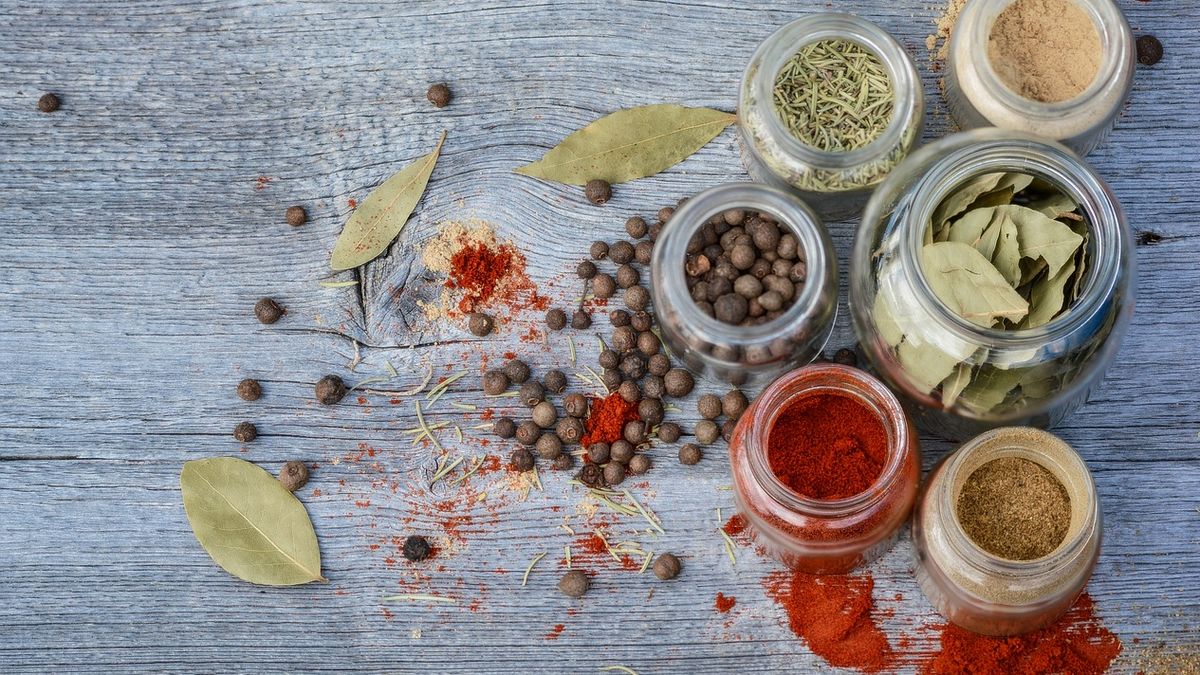PIKIRAN RAKYAT – Indonesia, an archipelago nation famed for its biodiversity, boasts a rich heritage of traditional medicine practices. A cornerstone of this practice is Jamu, a diverse range of herbal concoctions believed to possess various health benefits.
Jamu utilizes a wide array of locally sourced ingredients, such as roots, leaves, flowers, and bark, meticulously combined to create potent elixirs. These drinks have transcended their medicinal roots, becoming a deeply woven aspect of Indonesian culture, readily available from street vendors to specialty cafes.
Let’s explore the top 5 traditional Indonesian herbal drinks, exploring their unique properties and considerations.
Jamu Kunyit Asam (Turmeric Tamarind)
This vibrant orange drink combines the anti-inflammatory properties of turmeric (Kunyit) with the digestive benefits of tamarind (Asam Jawa). Popular amongst women, it’s believed to alleviate menstrual cramps and body odor.
However, turmeric’s high curcumin content can interact with certain medications, and pregnant or breastfeeding women should consult a healthcare professional before consumption.
Jamu Beras Kencur (Rice Kencur)
This creamy concoction features uncooked rice (beras) blended with Kencur (galangal), ginger, turmeric, and palm sugar. Prized for its ability to stimulate appetite and ease digestive issues, it’s also known to relieve cold and flu symptoms.
The presence of rice might not be suitable for those with gluten sensitivities, and the ginger content can cause heartburn in some individuals.
Wedang Jahe (Ginger Tea)
A comforting and widely consumed beverage, Wedang Jahe is a simple brew of ginger root, water, and palm sugar. This warming drink is a go-to remedy for colds, coughs, and nausea.
However, excessive ginger consumption can lead to stomach upset and may interfere with blood-thinning medications.
